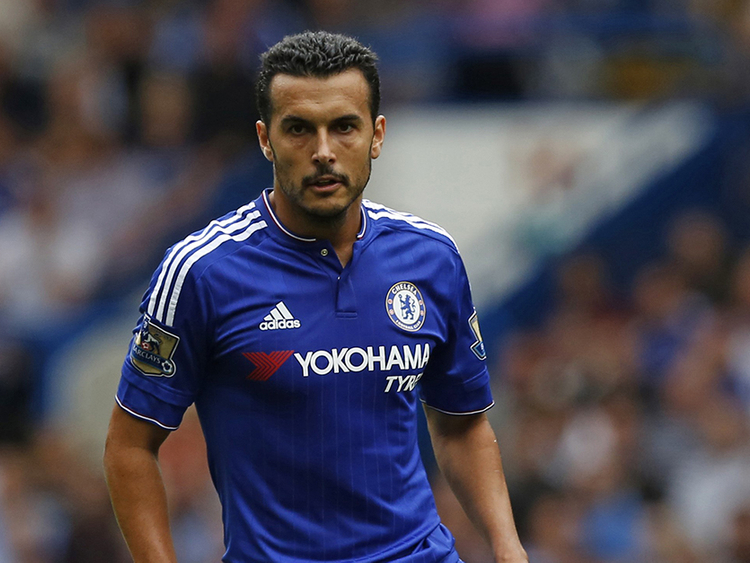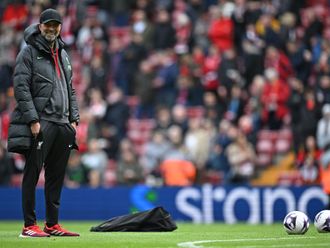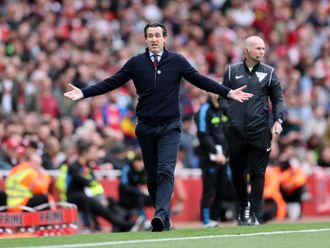
London: Premier League clubs broke the £1 billion (Dh5.63 billion) spending barrier in a single year for the first time on Tuesday night after transfer deadline day made it a record summer spree.
Tuesday’s last-minute dash took the amount lavished on new signings by English football’s elite since the end of last season to £870 million, according to the Sports Business Group at Deloitte, comfortably beating the £835 million paid out a year earlier.
More importantly, it was also the precisely the number required for total spending in a calendar year to exceed 10 figures for the first time after the January window saw £130 million change hands. The first £1 billion season also therefore beckons, something that clubs came close to recording last term when £965 million was spent during the campaign.
This summer also saw net spend — the amount spent minus the amount gained in transfer fees — reach a record £460 million, meaning net spend for the calendar year also edged past the £500 million mark.
Alex Thorpe, senior manager in the Sports Business Group at Deloitte, said on Tuesday night: “Looking across Europe, Premier League clubs’ gross and net spending this summer is more than double that of any other European league. The driving force behind this is the growth and distribution mechanism of the league’s broadcast rights.”
Even if this year’s inflation in spend is not mirrored in January, the first £1 billion season is a foregone conclusion from next summer. That is thanks to an anticipated 70 per cent increase in the Premier League’s global television deal, which would net clubs in excess of £8 billion between 2016 and 2019.
Indeed, this time next year could well witness the first £1 billion transfer window.
Thorpe added: “Despite a new record level of player transfer spending this year, collectively, Premier League clubs have a chance to invest in playing talent whilst remaining profitable in a way that was previously not the case.”
Reaching the £1 billion milestone during the calendar year on Tuesday required £90 million to be spent on deadline day, with £780 million having been paid out before the start of the day.
As the clock ticked down towards the 6pm deadline, it looked less and less likely the magic £870 million mark would be reached, with a number of potential deals failing to reach fruition. John Stones did not join Chelsea from Everton, Saido Berahino was denied a move to Tottenham Hotspur from West Bromwich Albion, and Charlie Austin stayed at Queens Park Rangers.
Striking reinforcements also did not materialise at Arsenal, who remarkably went an entire summer without signing one senior outfield player.
The same could not be said for Manchester United, who made Anthony Martial the most expensive teenager of all time by paying Monaco £36 million for the forward, accounting for more than a third of deadline day spending.
Virgil van Dijk was the next most expensive buy, with Southampton parting with £11.5 million to land the defender from Celtic. Everton also strengthened their defence by bringing in Ramiro Fune Mori from River Plate for £9.5 million.
Manchester City were quiet on Tuesday having already spent £160 million on new talent this window, a record for a Premier League club. They and the rest of last season’s top four had a combined gross outlay of £340 million this summer, representing around 40 per cent of the aggregate in the top flight.
Across the top leagues in Europe, the next highest spending was Serie A, with a gross of £405 million. La Liga was next with £400 million, followed by the Bundesliga with £290 million and Ligue 1 with £220 million.
Football League clubs, meanwhile, benefited from net transfer fees inflow of around £50 million from their Premier League counterparts.
— The Daily Telegraph










